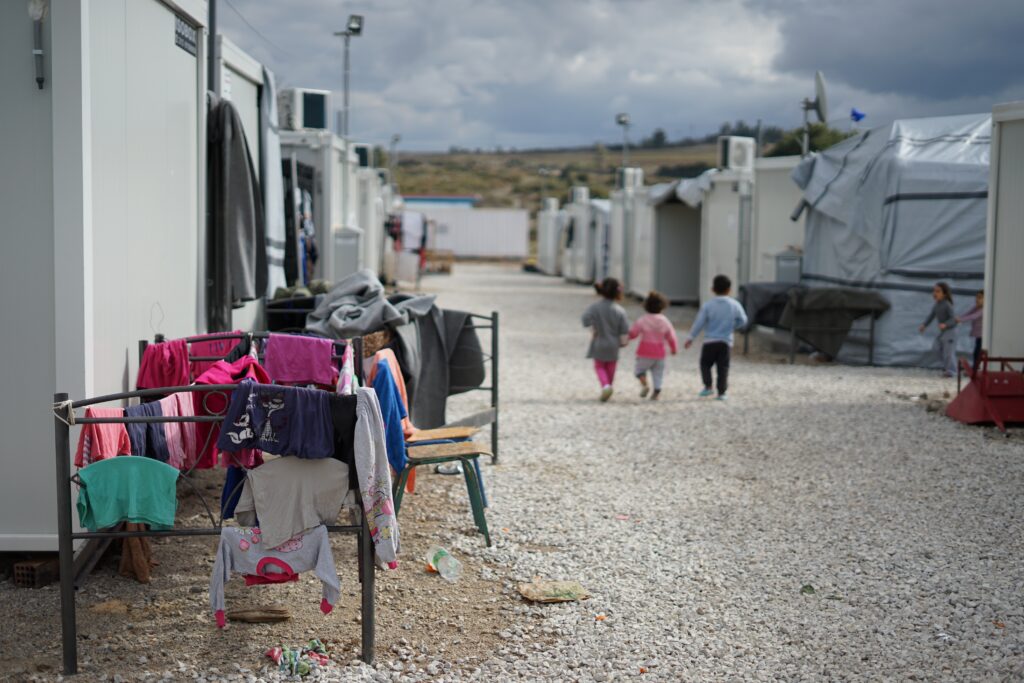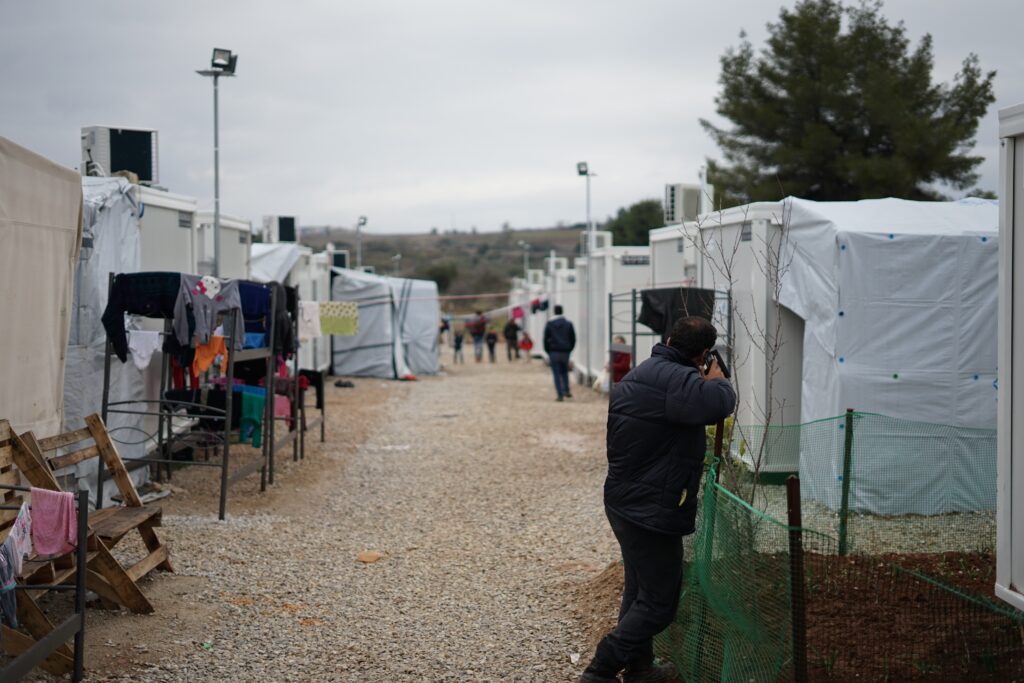
The World Health Organization (WHO) has recently published a groundbreaking report on World Mental Health Day that delves into the critical factors influencing the mental health of refugees and migrants and outlines a roadmap for improving their access to mental health care. The report titled “Mental health of refugees and migrants: risk and protective factors and access to care” is part of the Global Evidence Review on Health and Migration (GEHM) series that aims to provide a comprehensive understanding of the health needs and challenges faced by refugees and migrants.
This report, in particular, unravels five key themes that are pivotal for ameliorating the mental well-being of this vulnerable demographic and bridging the gap to access the care they deserve.
- Cultural Competency and Sensitivity: The report underscores the importance of mental health care providers being culturally competent and sensitive to the unique backgrounds, traditions, and languages of refugees and migrants. When individuals feel understood and respected, they are more likely to seek help. This means that mental health professionals need to receive training and education to provide effective and empathetic care.
- Community-Based Support: Recognizing that these populations often have limited access to formal healthcare settings, the report calls for community-based mental health support. It suggests engaging community leaders and organizations to create safe spaces for mental health discussions, offering counseling services, and providing resources for individuals to cope with trauma.
- Reducing Stigma and Discrimination: Stigma and discrimination can be substantial barriers to seeking mental health care. The WHO report underscores the importance of addressing these societal prejudices and creating anti-stigma campaigns to make refugees and migrants feel more comfortable accessing care.
- Integration and Collaboration: The report emphasizes the need for a more integrated approach to mental health care. This includes coordination between mental health services, primary health care, and social services. Improved collaboration ensures that the mental health needs of refugees and migrants are met comprehensively.
- Policy and Resource Allocation: Mental health care should be integrated into the broader public health framework. The WHO recommends that governments and policymakers allocate adequate resources and develop specific policies to address refugee and migrant mental health welfare.

The GEHM series is a comprehensive initiative that assesses and synthesizes the existing evidence on the health of refugees and migrants. This valuable resource guides policymakers, healthcare practitioners, and stakeholders by providing essential insights for informed decision-making. It informs policy formulation and promotes international dialogue on migration-related public health priorities while bridging data gaps by summarizing the best available evidence from around the world.
The recommended actions proposed within the GEHM series serve as a vital blueprint for change. They encompass various aspects, from the need for increased investment in mental health services for refugees and migrants to the development of culturally sensitive training for health care professionals. Furthermore, it advocates for multi-sectoral collaboration and advocacy to create an environment conducive to the mental health of this vulnerable population.
The WHO’s report and the broader GEHM series serve as a wake-up call, emphasizing the urgency of addressing the mental health needs of refugees and migrants. By implementing the recommendations, countries can create a supportive environment for these individuals as they receive the mental health support they require for a better and more secure future.

About the Author
Hello there! I’m Agnes Theresia Siburian, but you can just call me Agnes. I am thrilled to be a volunteer writer with AYO Post. Currently pursuing my studies in Information Systems, I bring experience from my role as a publication staff at the Department of Communication and Information under the Student Association. With a keen eye for detail and a passion for effective communication, I’m excited to contribute my skills to our shared mission. Let’s make impactful stories together!